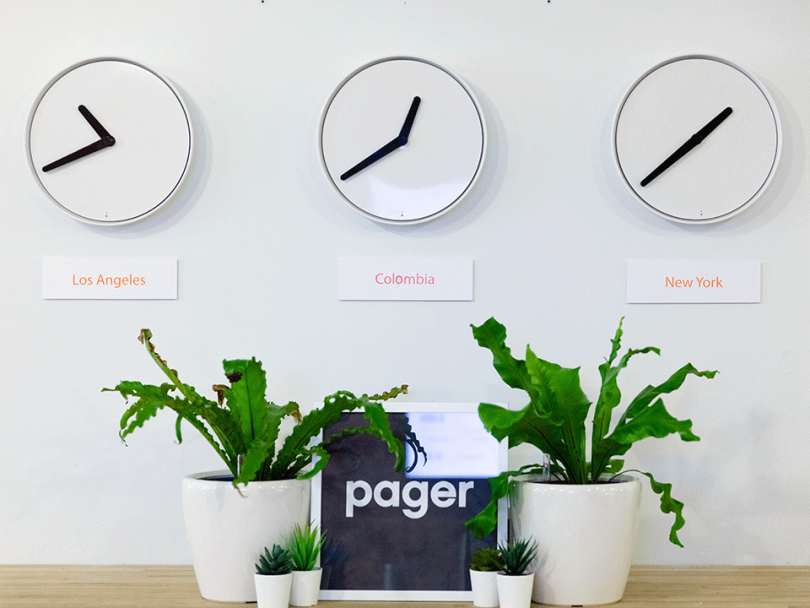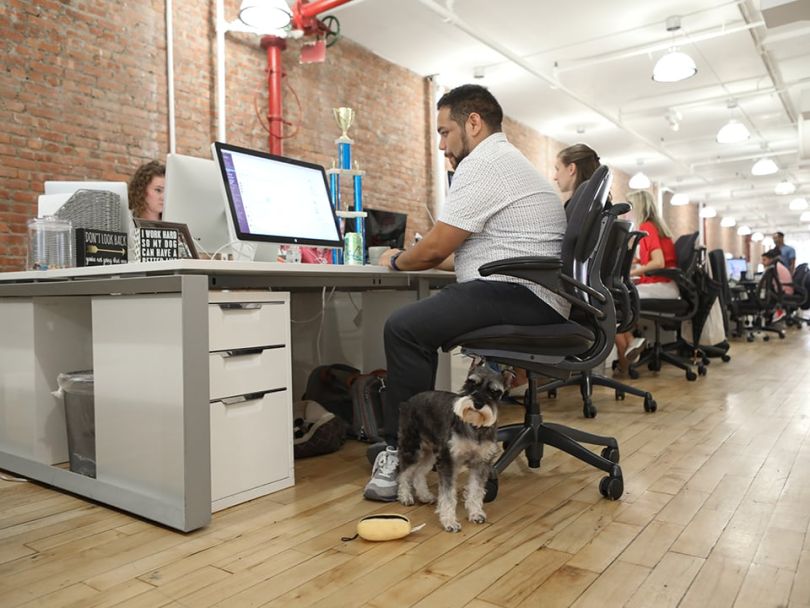On March 6, Colombia’s ministry of health reported the country’s first case of COVID-19. It spread slowly at first, only a few new infections each day. But just over a month later, the total number of cases had topped 2,000 and would only get higher.
Fearing infection, people began closely monitoring their health. Was that a normal cough or was it coronavirus? They sought answers at hospitals and doctors’ offices, sitting in crowded waiting rooms next to those needing treatment for unrelated ailments. The sudden influx was more than many care centers could handle and the risk of transmission only grew with each incoming patient.
With physical locations becoming a bleak option for patients, telehealth seemed like a safer alternative. Unfortunately, many medical care platforms weren’t built to handle a global crisis.
Faced with wait times clocking in over four hours, many users of legacy telemedicine platforms gave up without receiving the information and advice they so desperately needed, said Nick D’Addezio, vice president of strategy and business development for Pager, a healthtech company.
We saw these users as our family members looking for help.”
Nearly 2,500 miles away in New York, the startup was monitoring those rising numbers closely, tracking the efficacy of a telemedicine component it recently created for a prominent Colombian health insurance company. Amarachi Asonye, an IT project manager at Pager, recalls watching traffic on the platform reach five times the normal amount.
While geographically distant from the situation in South America, Pager was metaphorically in the thick of it. The company needed to figure out how to accommodate the onslaught of users — fast.
“People’s lives were in our hands,” said Justin Jenkins, a back-end engineer. “We saw these users as our family members looking for help. As engineers, we understood the impact of this technology and banded together to push through all the technical objectives. There was no hesitation.”
That was on a Thursday. By the following Monday, the team was deploying a solution.


Got any weekend plans?
Meetings until 1 a.m., Slack channels pinging at all hours of the night, countless cups of coffee — if Pager’s product and engineering teams noticed the workweek was melting into the weekend, they didn’t let on. With the rate of infections rising, nobody was interested in bingeing a new show or picking up that book they’d been meaning to read.
“I have to commend everyone for how quickly they mobilized,” Asonye said. “We switched from a Scrum-based approach to Kanban and kept in constant communication to ensure that what we were building was suiting the needs of patients and our clients.”
The team knew they didn’t have time to build out a new feature, so Jenkins said the engineers took a closer look at the tools they already had. Using existing AI chatbots that Pager’s engineering team used on past projects, their new application would direct patients depending on their specific needs.
NAVIGATING STRICT REGULATIONS
“When a member enters the chat, what if we could run them through some automation channels to identify them as a potential COVID patient before they talk to a real person?” Jenkins said.
Those with more serious symptoms could be routed to speak to a medical professional virtually, who could then advise if that patient should seek in-person care. If that was the case, the nurse could pull up the closest in-network clinic and help them make an appointment. For those suffering milder symptoms, Asonye explained, the bots would guide them to credible information on how to safely monitor and treat their symptoms.
When this automated triage solution rolled out for a specific client, Pager says the average patient’s wait time dropped to less than a minute. One-third of patients were given treatment plans they could enact without leaving their home, taking the weight off healthcare facilities and, according to Pager, likely reducing the spread of the virus.

The beginning of a new normal
It was only a matter of time before the dire situation in Colombia played out in the United States.
“We saw what happened in Colombia, and we were able to get ahead of the situation for our domestic clients,” D’Addezio said. “Because we had already built it out, we were able to stand up the solution in the U.S. in just a few days.”
The tool was rolled out as a white-labeled solution available to any customer with a virtual care platform. One of Pager’s clients, Horizon Blue Cross Blue Shield of New Jersey, an insurance company with over 3 million members, immediately adopted the fix.
While tech provided the heavy lifting to support the increase in traffic, there still needed to be more healthcare professionals working with the platform. The tech team said that in just a week, it created a way to quickly load and onboard more doctors and nurses. Now, customers have the option of using their own staff to practice telemedicine or leaning on Pager’s team of licensed nurses.
“Our mobile and web SDKs require integrations,” Asonye said. “They allow patients to interact with a Pager nurse from the client’s mobile application or website portal. But with our new lightweight solution, Guest Mode, we can provide telemed triage without a deep integration.”
Much Needed Downtime

Interest in virtual care has been slow to take off: According to the American Telemedicine Association, before the coronavirus hit, less than 10 percent of U.S. citizens had ever used telehealth services. But even after COVID-19 no longer poses a threat, D’Addezio predicts patients will continue to turn to virtual care instead of in-person visits — and may even prefer it.
The 80 percent abandonment rates D’Addezio recalled hearing from traditional telemedicine vendors at the beginning of the crisis was a shock, but may serve as a bellwether for new behaviors to come: users choosing virtual visits over in-person appointments, chatting with a nurse or bot instead of someone in a waiting room, or receiving diagnoses without getting out of bed.
“When you have flexible technology coupled with this growing need to use virtual tools, that’s what creates user comfort and causes an adoption tipping point,” D’Addezio said. “COVID has started to create a realization that in-person, facility-based care is not always the safest or most appropriate; even under normal circumstances, we find that two-thirds of all interactions can be done virtually.”
As the world adjusts to this new normal, employees at Pager remain focused on building tools to facilitate patient care.
“We’ve been hustling since day one,” Jenkins said. “And with the amount of momentum Pager has right now, we just want to keep it up.”







